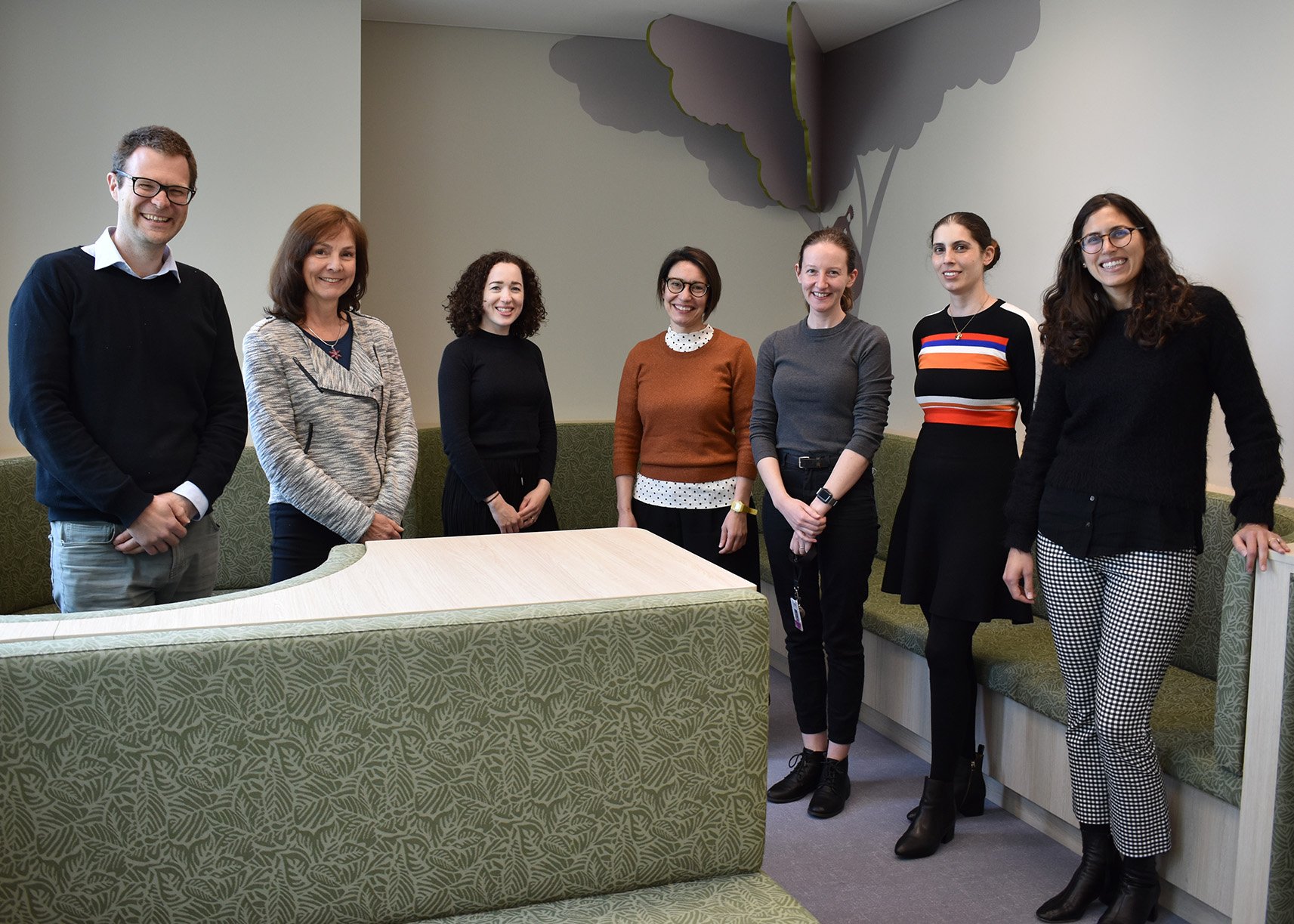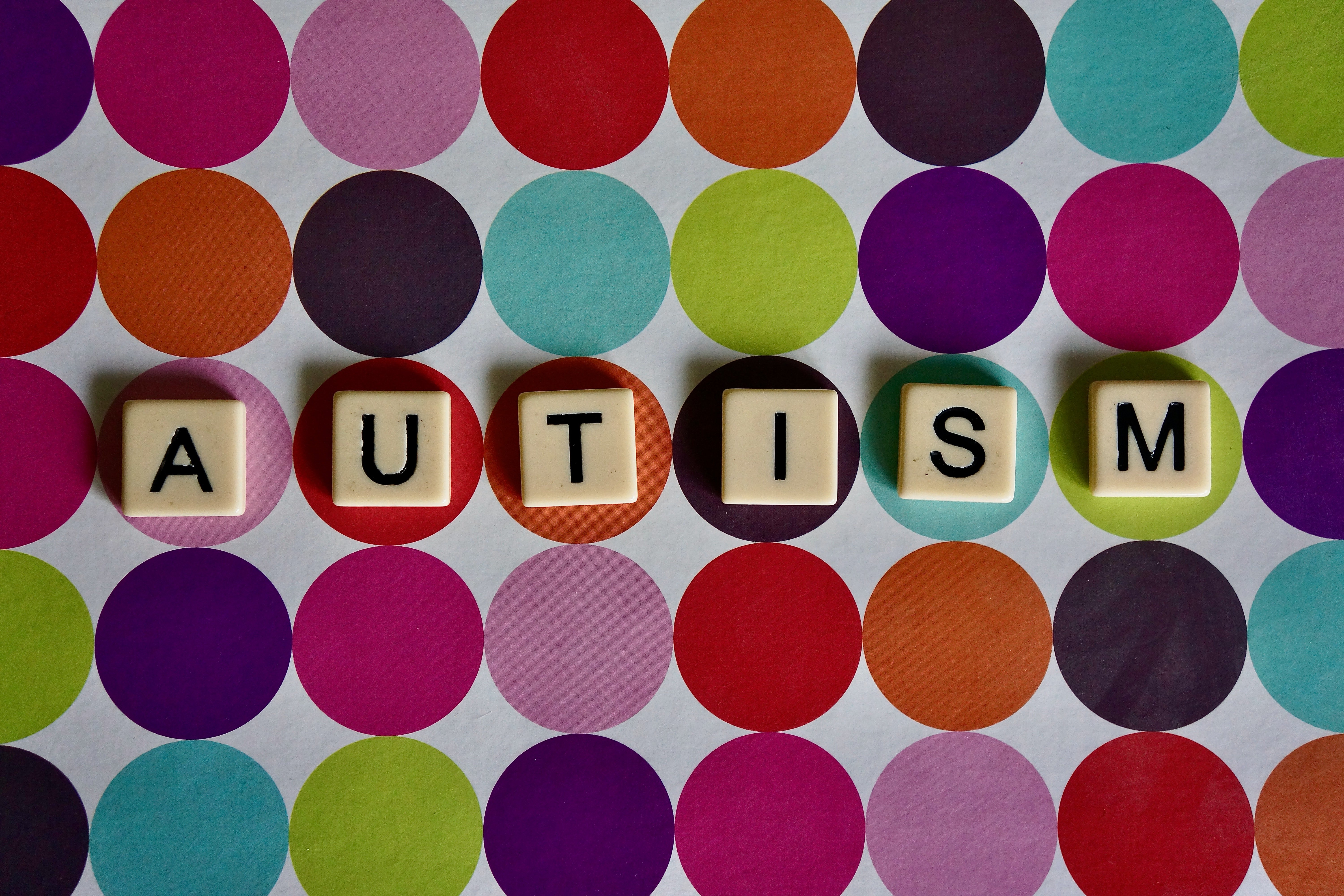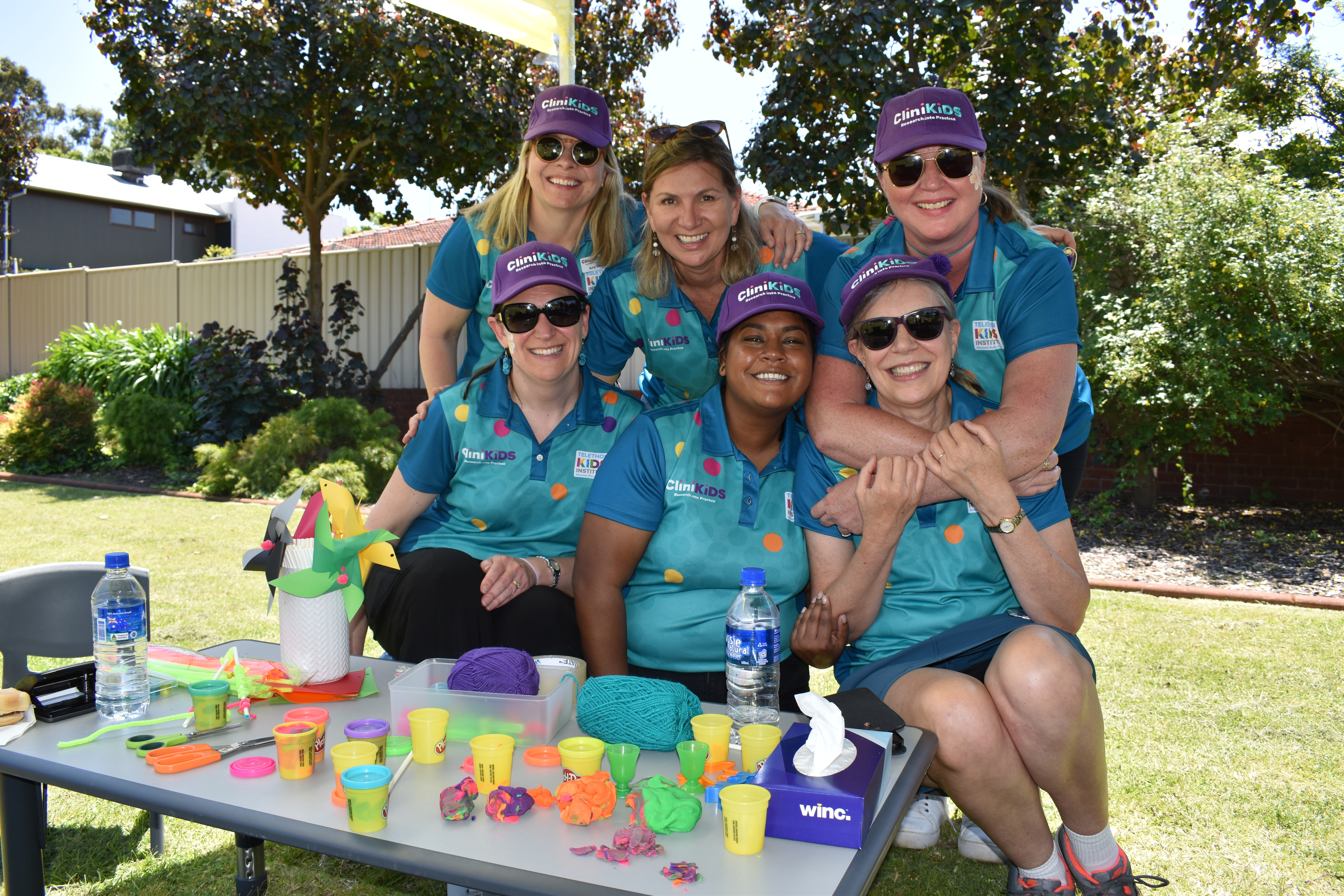Search

For Speech Pathology Week, we asked our speech pathologists to share their favourite resource/s and how they like to use it.

CliniKids is excited to welcome Dr Kandice Varcin to the team as part of a new partnership between The Kids Research Institute Australia and Griffith University.

At CliniKids, it is important that the services we offer are informed by the children and families that utilise our services.

CliniSibs is an after-school small group program designed to support siblings of autistic children.

CliniKids’ new clinic in the Joondalup area is coming along nicely and is on track to open around the middle of the year.

April is Autism Month and to mark the occasion, we’re transforming our reception desk in the clinic to an AMAZING wall for our families to contribute to.

Nicki, Leah, Tracy, and Amy make up our wonderful Client Support team at CliniKids. The team was established in mid-2021 as services began to grow.

CliniKids held its inaugural Frangipani Family Day recently – an event organised to honour the wonderful contribution of its much loved and dearly missed colleague, the late Kate Sorensen.

The Client Support Team at CliniKids has some new faces! Nicki and Amy join our lovely Tracy.

Meet Leah – the latest addition to the CliniKids team. We asked Leah, our new Operations Manager, a couple of questions to get to know her.
